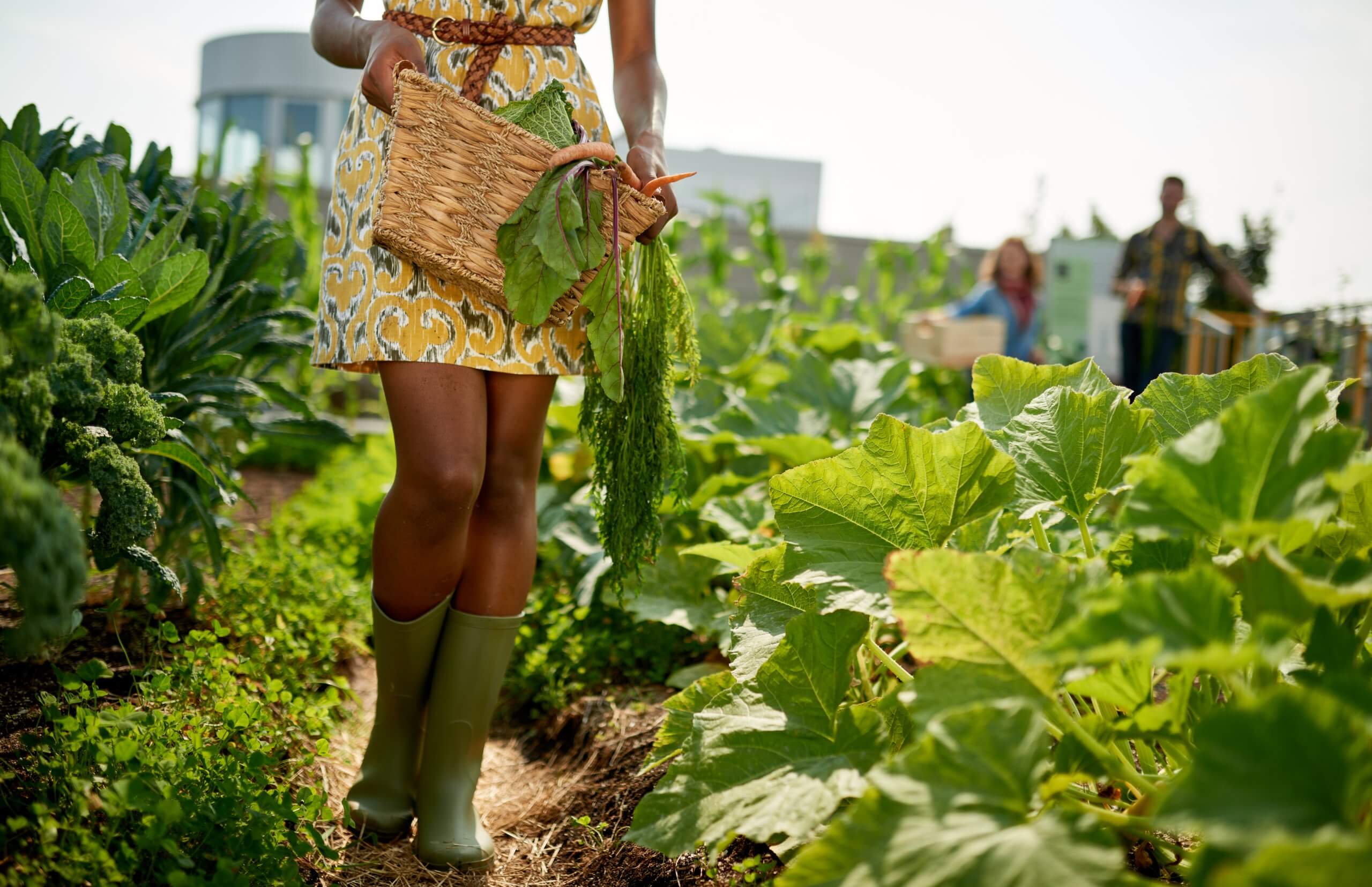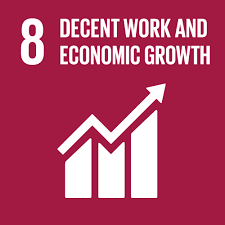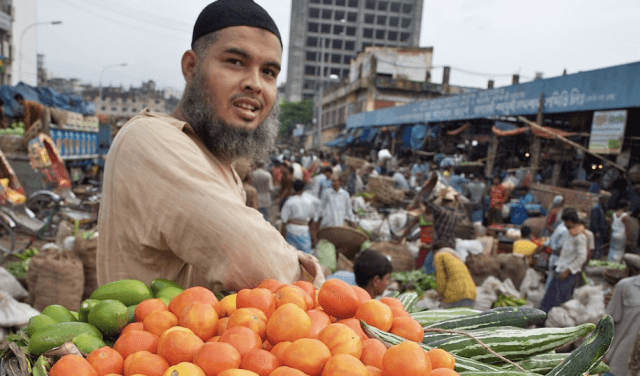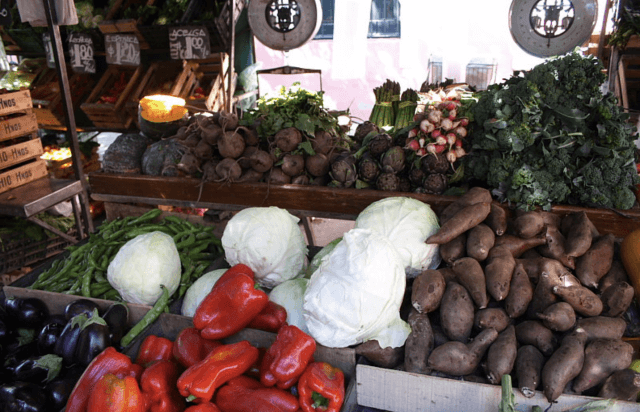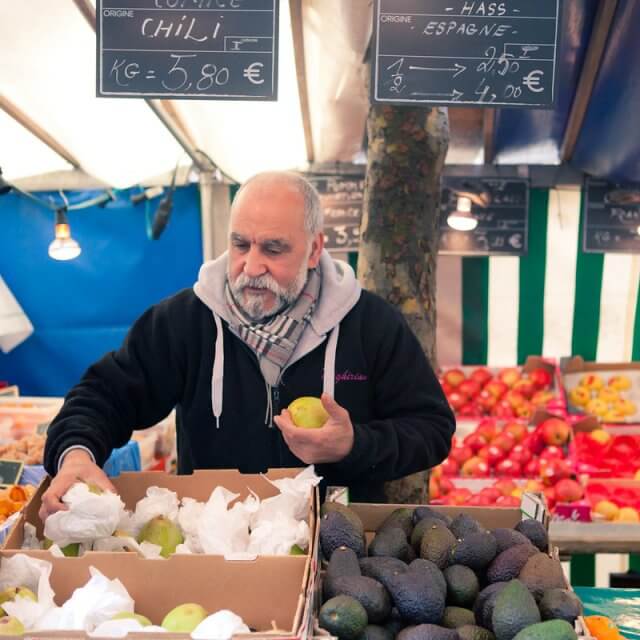The action and its aims
Rosario introduced a city ordinance (No. 4713/02) that exempts landowners from paying tax on unused land for two years if they allow it to be used for urban agriculture. The ordinance also ceded unused public land in the city for urban agriculture. The aim was to make more land available for residents in informal settlements to grow their own food, to improve household food security and incomes.
When it was introduced
The ordinance was introduced in 2002.
Why it was needed
It was necessary because, since Argentina’s economic crisis in 2001 plunged 60% of Rosario’s population into poverty, food growing became a popular way for residents to feed their families. Many low-income groups lacked access to land, making it necessary to incentivise landowners to cede them land on a temporary basis.
Who initiated it, who is involved
The ordinance was introduced as part of the city’s policy to institutionalise organic community gardens that resulted in the Urban Agriculture Programme (PAU), run by the Department of Social Promotion in cooperation with national NGOs Pro Huerta and CEPAR. One of the first actions was to do an inventory of vacant land – both public and private – that was suitable for urban agriculture.
Impacts to date
As a result of the PAU, in 2013 there were 400 urban gardeners in Rosario, and 22 hectares were under production. Total annual production was 95 tonnes of vegetables and 5 tonnes of aromatic plants.
